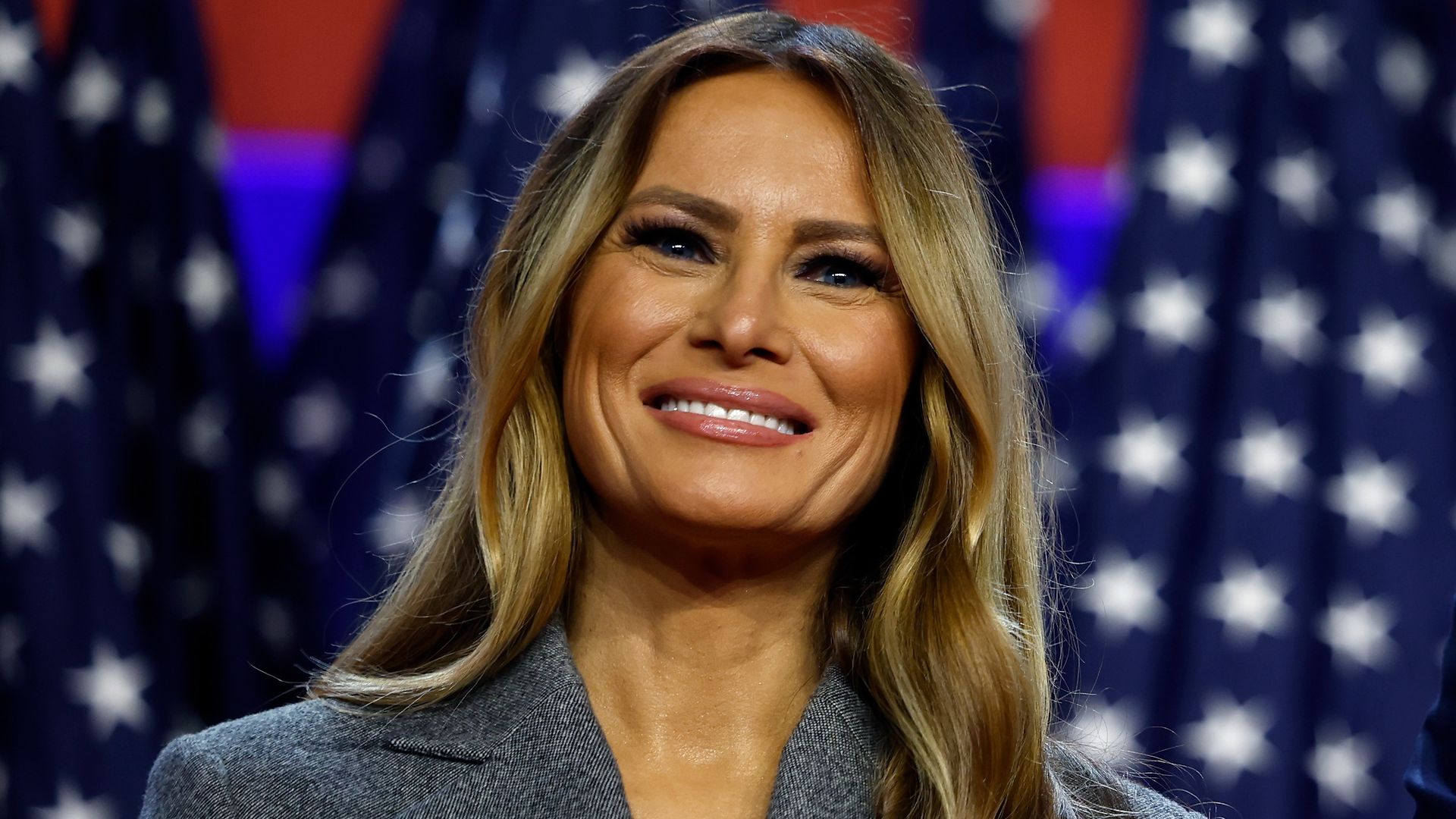Elon Musk’s X may have tweaked its algorithm to boost his account, along with those of other conservative-leaning users, starting around the time he announced his support of Donald Trump’s presidential campaign. That’s according to a new study published by the Queensland University of Technology (QUT), which found that Musk’s posts in particular were suddenly much more popular.
The study’s authors — QUT associate professor in digital media Timothy Graham and Monash University communications and media studies professor Mark Andrejevic — first looked at Musk’s engagement before and after his July endorsement of Trump. They report that starting around July 13th, Musks’ posts received 138 percent more views and 238 percent more retweets than before that date.
Screenshot: QUT study
Musk’s numbers “outpaced the general engagement trends observed across the platform,” they concluded. (This paper isn’t the first time it’s been suggested that X adjusted its algorithm to specifically boost Musk’s account.) The researchers also found that other Republican-leaning accounts they examined saw similar boosts that started in July, albeit to a lesser degree.
The study’s results are similar to other recently reported findings by The Wall Street Journal and The Washington Post of potential right-wing bias in X’s algorithms. However, the researchers say they were limited by the “relatively small amount of data” that could be collected since the platform cut off access to its Academic API. They add that although they don’t see indications of missing data, there’s “no guarantee that 100% of posts have been collected.”
 2 weeks ago
4
2 weeks ago
4


.webp)

)
![Angelina Jolie's son, Knox, looks like his eldest sibling, Shiloh, during a recent solo outing [PHOTOS]](https://www.hola.com/us/horizon/landscape/69c0a22f8baa-bkgkjph24120202.jpg?im=Resize=(1200))



/cdn.vox-cdn.com/uploads/chorus_asset/file/25771475/FORD_2024_PUMA_GEN_E_10.jpg)










 English (US) ·
English (US) ·